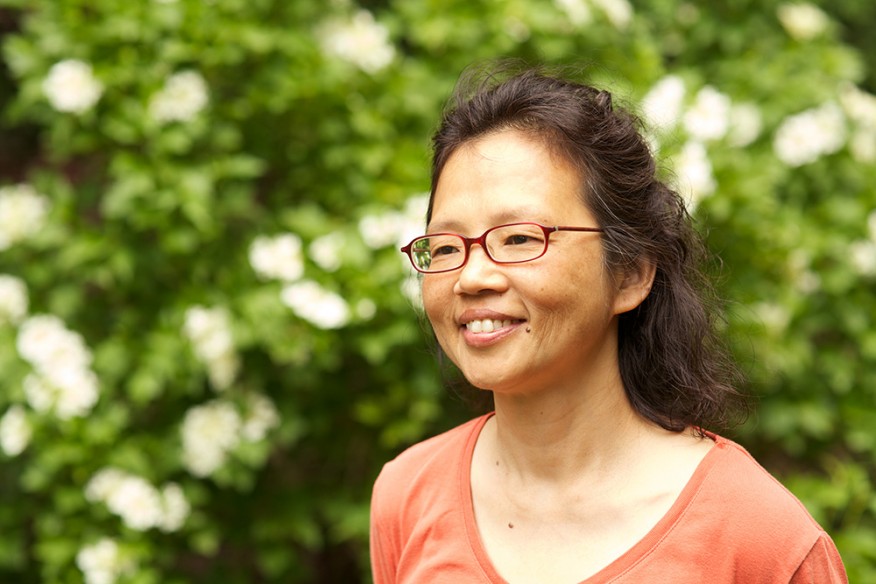Aging with dignity is a basic, universal right that all human beings are entitled to, regardless of socio-demographic background, sexual orientation, religion, or physical and mental capacity. Far too often, both in the U.S. and countries abroad, these rights are ignored or violated, particularly for individuals in socially disadvantaged and vulnerable groups.
An innovative new class, developed and taught by Associate Professor Lydia Li, is helping U-M students gain a deeper understanding of national and international policies and practices that protect - or fail to protect – the right to age with dignity.
Aging with Dignity, launched in Winter 2014, uses video conferencing technology to put U-M students face-to-face with global partners for real-time roundtable discussions.
“The innovative part of this course is the international collaboration with gerontologists in countries such as Japan, Australia, China, and Spain,” says Li. “My role in the classroom here at U-M is to help students understand policies in the U.S. and gain a comparative perspective of how we deal with the challenges of an aging society. What can we learn from other countries, and what can they learn from us?”
Students in Li’s class examine issues that include the availability (or lack) of long-term quality healthcare, strategies for encouraging older people to remain active participants in their societies, and providing a better safety net for aging populations.
“The U.S. population is aging rapidly,” says Li. “We are not readily equipped to change the structure or develop policies that address the changing face of our aging society and the increasing demand for long-term health care.”
Li developed the class with support from her colleagues in different parts of the world, who agreed that students needed a global perspective in order to be more effective policymakers and advocates for an agenda that promotes and protects aging with dignity.
“I have been so fortunate to have the support of the university community and international colleagues for this class, and the students benefit from that spirit of collaboration,” says Li. “Aging With Dignity is an example of how resourceful U-M is. The technological and logistical aspects involved are difficult, and not every school can offer this kind of learning environment.”
Li’s research areas include late-life depression and suicide, pain and alternative treatments in older adults, social support in later life, dynamics of formal and informal care, and health trajectories of home care elders. Her current projects include a randomized clinical trial that examines the effectiveness of acupressure in reducing pain in older adults with knee osteoarthritis, and a 5-year study that launched in the Summer of 2013 that looks at the effectiveness of community-based depression intervention for late-life depression in rural China.
